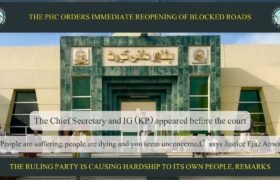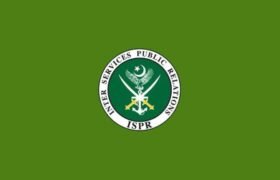Pakistan has officially assumed the presidency of the United Nations Security Council (UNSC) for July 2025. This rotating role gives Pakistan the responsibility of setting the Council’s agenda and leading discussions on key global peace and security issues throughout the month.
In a statement issued to mark the start of its tenure, Pakistan emphasized that its leadership would be guided by the core principles of the UN Charter, international law, and a firm belief in multilateral diplomacy. The country also reaffirmed its longstanding commitment to peaceful conflict resolution and the promotion of global cooperation.
Drawing from its previous experience on the Council and its extensive participation in UN peacekeeping operations, Pakistan pledged to bring a balanced and principled perspective to the Council’s deliberations. Officials underscored the importance of transparent and inclusive decision-making in formulating the Council’s Programme of Work for July.
The presidency comes at a time of heightened global tensions, with Pakistan noting the complex challenges facing regions across the Middle East, Africa, South Asia, Europe, and Latin America. Islamabad stressed the need for a responsive and credible Security Council capable of addressing the human and political costs of these ongoing crises.
As part of its leadership, Pakistan will convene two high-level signature events:
22 July: An open debate on “Promoting International Peace and Security through Multilateralism and the Peaceful Settlement of Disputes.”
24 July: A briefing focused on “Cooperation between the United Nations and Regional and Sub-Regional Organizations,” with a special focus on the Organization of Islamic Cooperation (OIC).
Additionally, Pakistan will chair the quarterly open debate on the Question of Palestine on 23 July.
All three meetings will be presided over by Deputy Prime Minister and Foreign Minister Senator Mohammad Ishaq Dar, who is representing Pakistan at the high-level sessions.
Pakistan expressed its intention to work closely with all Council members to ensure unified and timely responses to international crises. The country reiterated that global peace and security require shared responsibility and inclusive dialogue among all member states.





